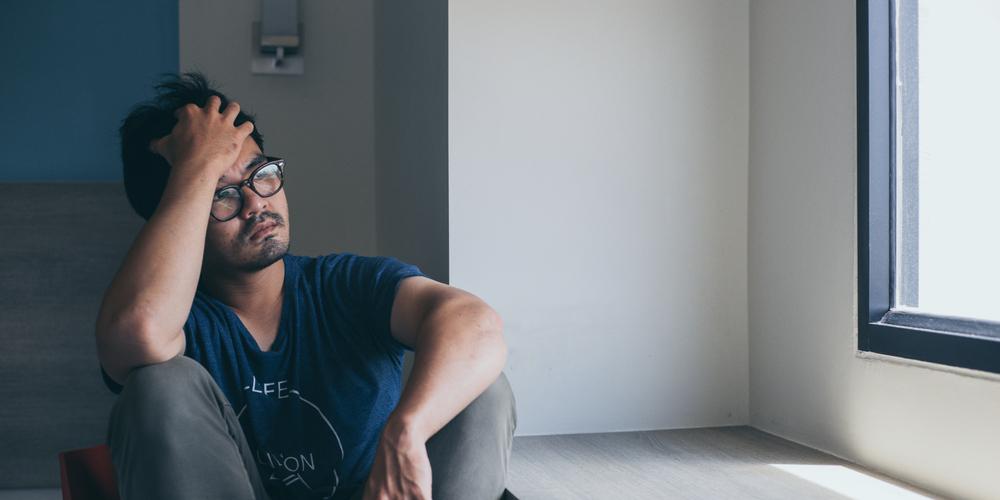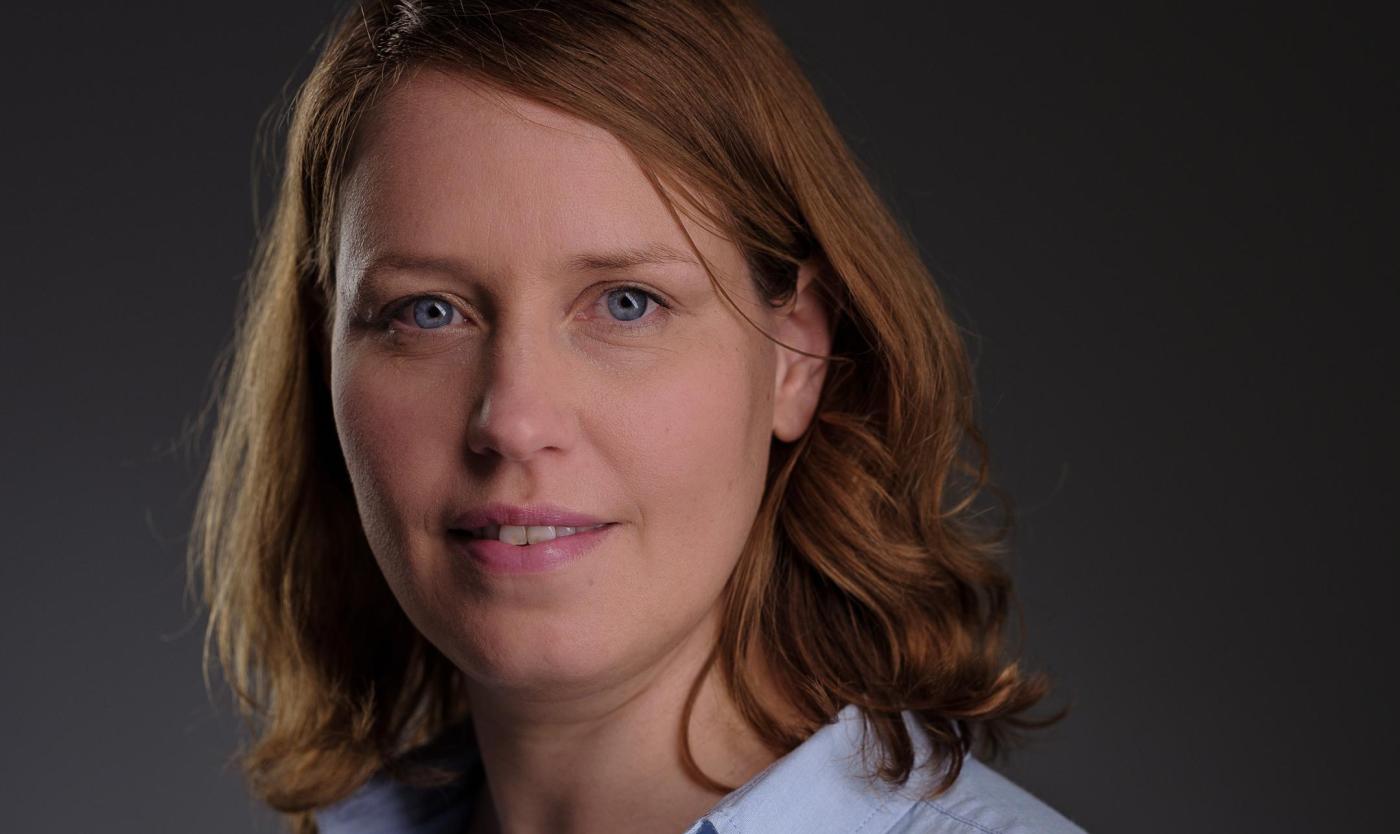
Three quarters of Flemish people indicated in a recent survey by Humo and De Morgen that the state of the world scares them. On social media and in television programmes, influencers and celebrities talk about their fears without hesitation. Fear is clearly not taboo. Could it be that all this attention to fear makes us even more afraid? Imke Baetens, professor of psychology at VUB and therapist at BRUCC: “Anxiety is contagious.”
As a therapist at BRUCC – an outpatient centre for psychological services – have you noticed an increase in anxiety complaints?
“Since Covid, more people – and certainly young people – are reporting psychological symptoms: anxiety, but also depressive symptoms. However, we aren’t seeing an increase in the diagnosis of anxiety disorder. Rather, it is more about a general feeling of anxiety.”
Anxiety is largely determined by our genes and personality, and only partly by what we experience. What is causing this increase?
“People are seeking help faster, which partly explains it. But the world has also become more insecure. After the pandemic, we had the energy crisis, the war in Ukraine, extreme weather events due to global warming... The future is uncertain and that brings stress. What doesn’t help is that we are constantly exposed to that news through social media and push notifications. People who are exposed to the news throughout the day experience more anxious feelings.”

Do new patients tend to seek help by saying “I am anxious?”
“Sometimes yes. I notice that more people – including young adults – are coming in with existential questions. They don’t know what to do with their lives and have questions like, ‘Is it still responsible to have children in this world?’ On the other hand, patients sometimes present with burnout or tension symptoms. It is only when you start questioning them that it turns out there is an anxiety problem underneath.”
Even in the public space – on social media or on television programmes like Patient Pedro – influencers and famous people talk about their fears. Is that a good development?
“Testimonials from fellow sufferers help you to see that you are not the only one who lies awake at night fearing the future. They diminish loneliness and can make you more likely to take the step towards counselling. But there are also drawbacks to talking about your fears. Anxiety is contagious. If you talk about your fears, people who are already predisposed can adopt them. In a culture rife with fear, even positivists will become more alert to danger. Then again, this is not necessarily negative. Fear makes us more cautious and makes us avoid reckless behaviour. It’s partly thanks to fear that we start adjusting our behaviour to try to stop global warming, for example.”
Could that talk of anxiety disorders also cause us to worry needlessly about our anxiety symptoms? Can we talk ourselves into distress, for example, or consult a psychologist for no reason?
“We have rather lost the habit of experiencing mild symptoms, it’s true. But in Belgium, compared to in neighbouring countries, we wait much longer to reach out for professional help. The fact that we seek help a little faster than before is a good evolution. The new system of first-line psychology is also designed with this in mind: to seek help even with mild complaints and not to wait too long."
“Don’t forget that fear is also our friend.”
"Although I think the right guideline is: seek professional help if the complaints have an impact on your daily life. If you can’t study properly because you’ve been lying awake at night worrying for weeks, for example, or you notice that you are irritable and get into arguments with everyone. If, on the other hand, you have occasional complaints, it can be very helpful to talk about it in your own network. These days, we often skip that step. That’s a pity, because it allows irrational thoughts to be corrected quickly. If we keep our fears to ourselves, they tend to assume huge proportions in our heads.”
If talking about anxiety is contagious, who should we turn to?
“Not to people who are already somewhat anxious themselves, but to friends and family members who can put things into perspective a bit better. A good conversation partner is someone who supports you with gentleness and warmth on the one hand, but who encourages you to overcome your fears on the other. For example, I am anxious about taking the car out in freezing weather. This is a normal and well-founded fear. But if I share the fear with someone who says things like, ‘You must be crazy to go out in this weather, stay at home’, my fear is confirmed and I might start exhibiting avoidance behaviour. Exposure is an important part of therapy for anxiety symptoms. You are better served by someone saying, ‘I understand you are scared, but if you drive slowly and avoid that one dangerous lane, the chances are very small that you will skid’.”
What message do you have for students who have occasional anxiety symptoms?
“It is very normal to be anxious. Almost one in three people has an episode of panic attacks at some point and in many cases it goes away on its own. Remember that anxiety is also our friend. We need fear. It protects us. But if you fret a lot, talk about it with someone close to you. That way you avoid making your anxiety worse.”
BIO Imke Baetens
Prof Imke Baetens is internationally known for her research on prevention and treatment of mental disorders in adolescents and young adults. In addition to being an academic, Imke is a family and couples therapist at BRUCC, the Brussels University Consultation Centre she co-founded in 2017. This interaction between her clinical practice and her teaching and research is very important to her.